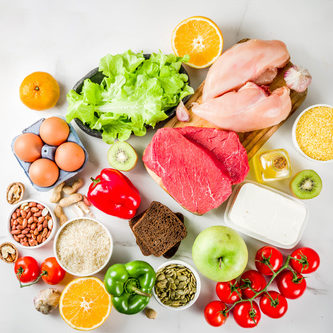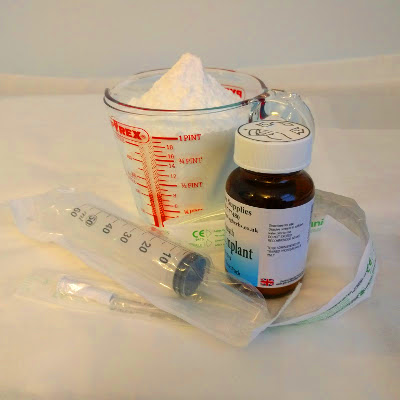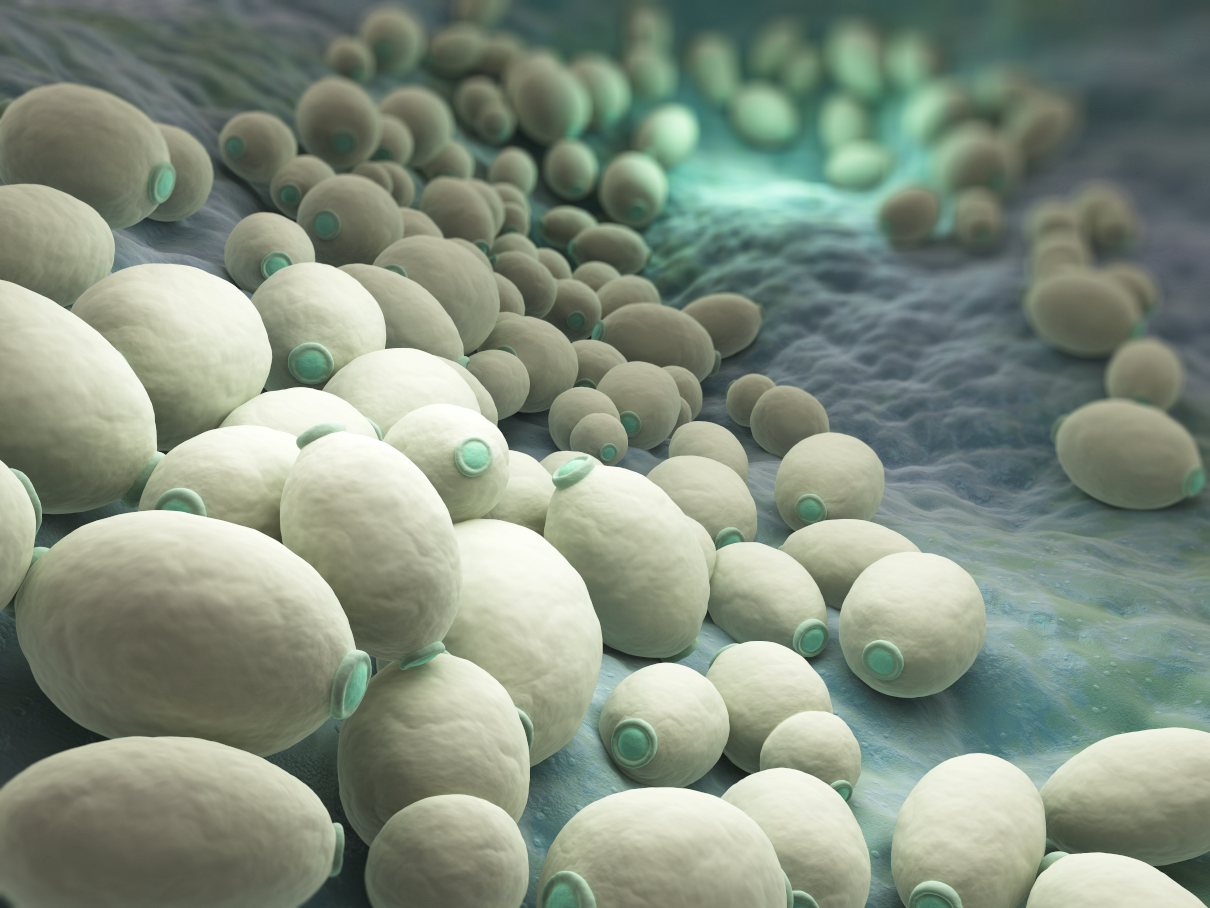
TYPE 0 CHARACTERISTICS:
- Meat-eater
- Hardy digestive tract
- Over-active immune system
- Intolerant to dietary and environmental adaptations
- Responds best to stress with intense physical activity
- Requires an efficient metabolism to stay lean and energetic
DIET OVERVIEW:
Type 0s generally thrive on intense physical exercise and animal protein – with their digestive tracts retaining the memory of the ancient hunter-gather diet.
Type 0s tend to lose weight more effortlessly with a high protein, low carbohydrate diet. Another factor in Type 0 weight gain is related to thyroid regulation as they tend to have low thyroid hormone levels.
Metabolism of 0 Type
Meat, Offal and Poultry: Type 0s can efficiently digest and metabolise meats because they tend to have high stomach acid content. However, they must carefully balance meat proteins with the appropriate vegetables and fruits to avoid over-acidification. Type 0s should emphasise lean red meats and game over fattier, more domestic choices such as lamb or chicken. They should avoid bacon, ham and pork,

Food intolerance test of 208 ingredients
This is our most comprehensive food and drink test. It analyses your client’s IgG antibody reactions to 208 food and drink ingredients. This test will highlight their food triggers and help you formulate an IgG-guided elimination diet together.
Seafood: Seafood is the second most concentrated protein. Cold-water fish such as cod and mackerel are excellent for Type Os.; Fish oils are high in vitamin K, which promotes blood clotting, which can be a problem for Type O as they often have ‘thin blood which resists clotting. Many kinds of seafood are good sources of iodine, which regulates thyroid function. Type Os should avoid herrings, smoked salmon and caviar.
Dairy Products and Eggs: Type 0 should severely restrict their use of dairy products, and their system is ill-designed for proper metabolism. Type 0s of African descent should eliminate dairy foods and eggs. Soya milk and soya cheese are excellent, high-protein alternatives. Other Type 0s may eat an occasional egg and small amounts of dairy products but should avoid all cheese, including goat’s cheese and whey protein.
Oils and Fats: Type 0s respond well to oils, and they can be an essential source of nutrition and an aid to elimination. Type 0s do particularly well on olive and linseed oil but should avoid safflower, groundnut, and corn.
Food of plant origin
Nuts and Seeds: Type 0s can find a good source of supplemental vegetable protein from some varieties of nuts and seeds. However, these should not take the place of high-protein meats. It would be best if you ate them selectively. Pumpkin and walnuts are highly beneficial, but avoid Brazil nuts, peanuts, cashews and pistachio nuts.

One colonic irrigation session including consultation
Colon irrigation and comprehensive consultation with a professional colon hydrotherapist registered with RICTAT and ARCH at the Parkland Clinic in Holborn. We use a closed system only—London’s best colonic hydrotherapy deal.
Beans and Pulses: Type 0s of African ancestry can utilise beans well due to habit. However, they are not essential to any Type O diet because most beans and pulses contain lectins, making muscle tissue less acidic. So, type Os perform best when their muscle tissue is slightly more acidic. Aduki, black-eyed beans and pinto beans are beneficial but avoid kidney beans, lentils and soya beans.
Cereals and Grains: Type Os do not tolerate whole wheat products, and they should eliminate them from the diet. They contain lectins that react with blood and the digestive tract and interfere with the properly absorption of beneficial foods. Avoid cornflakes, cornmeal, wheat germ, polenta, oat bran muffins, couscous and white and wholewheat flours.
Fruit and Vegetables: Many vegetables are available to Type Os, forming a critical part of the diet. Several types of plants are a problem for Type 0 – for example, the brassica family (cabbage, sprouts, cauliflower) can inhibit thyroid function, which is already weak in Type Os. Leafy green vegetables such as kale, cos lettuce, broccoli and spinach are very good for Type O as they contain vitamin K, which aids blood clotting.
0 Type Blood group diet
The “nightshade” vegetables such as aubergines and potatoes can cause arthritic conditions in Type 0 because their lectins deposit in the tissue surrounding the joints. Type 0 should also avoid sweetcorn, especially if there is a weight problem or a family history of diabetes. Tomatoes, however, are not a problem for Type 0. Other vegetables to be avoided include alfalfa sprouts, avocado, mushrooms (cultivated and shitake) and olives. There aren’t many fruits that Type 0 must avoid, and they can be an excellent alternative to bread and pasta. If Type 0 eats a piece of fruit instead of a slice of bread, their digestive system is better served. Fruits to avoid include blackberries, coconut, melon (cantaloupe and honeydew), oranges, plantains, rhubarb, strawberries and tangerines. Vegetable juices are preferable to fruit juices for Type 0s because of their alkalinity.

Bikini line waxing
Bikini zone depilation in our clinic in London has long been a standard procedure for women seeking flawless appearance. Removing unwanted vegetation in the bikini zone is particularly relevant in the summer, during the bathing season. Still, more and more women decide to depile the intimate area throughout the year: it is hygienic, sexy, and fashionable.
Spices, Herbs and Flavourings: Kelp-based seasonings are perfect for Type Os because they are a rich source of iodine. Parsley is soothing to the digestive tract, as is cayenne pepper. Sugar products like honey, processed sugar and chocolate will not harm this blood type, but these should be limited to occasional use as condiments. Type 0s should avoid cinnamon, cornflour, nutmeg, black and white pepper, vanilla and vinegar (balsamic and all types). There are no beneficial condiments for Type 0s. They should avoid ketchup, mayonnaise and pickles and use low-fat, low-sugar varieties if they must use them.
Beverages: For Type 0s, the emphasis is on soothing the digestive and immune systems. Herbs such as peppermint, parsley and rosehip all have that effect. Type Os can handle lager and red and white wine (neutral) but should avoid coffee, fizzy drinks, tea (black, decaf and regular) and distilled spirits.
MEAL PLANNING:
Breakfast: Poached eggs, Essene bread, green tea or herbal tea. Wheat-free muesli with soya milk. Puffed rice with soya milk.
Lunch: Organic roast beef with a spinach salad. Chicken salad, a slice of rye bread, and two plums. Homemade beef burger, salad with olive/lemon dressing.
Snack: Carrot and celery sticks. Rice cakes with a drizzle of honey or almond butter. Pumpkin seeds and walnuts.
Dinner: Lamb and asparagus stew, steamed broccoli, boiled sweet potato, fresh fruit salad. Grilled salmon or tuna steak, salad with olive oil/lemon dressing. Beef casserole with steamed broccoli and carrots, brown rice.

Probiotic implant and alkalising colonic with bicarbonate of soda
Alkalising colonic irrigation with bicarbonate of soda and high strength probiotic implants and comprehensive consultation is available at Parkland Natural Health Clinic.
Bibliography:
D’Adamo P. The Eat Right Diet. Century 1998











